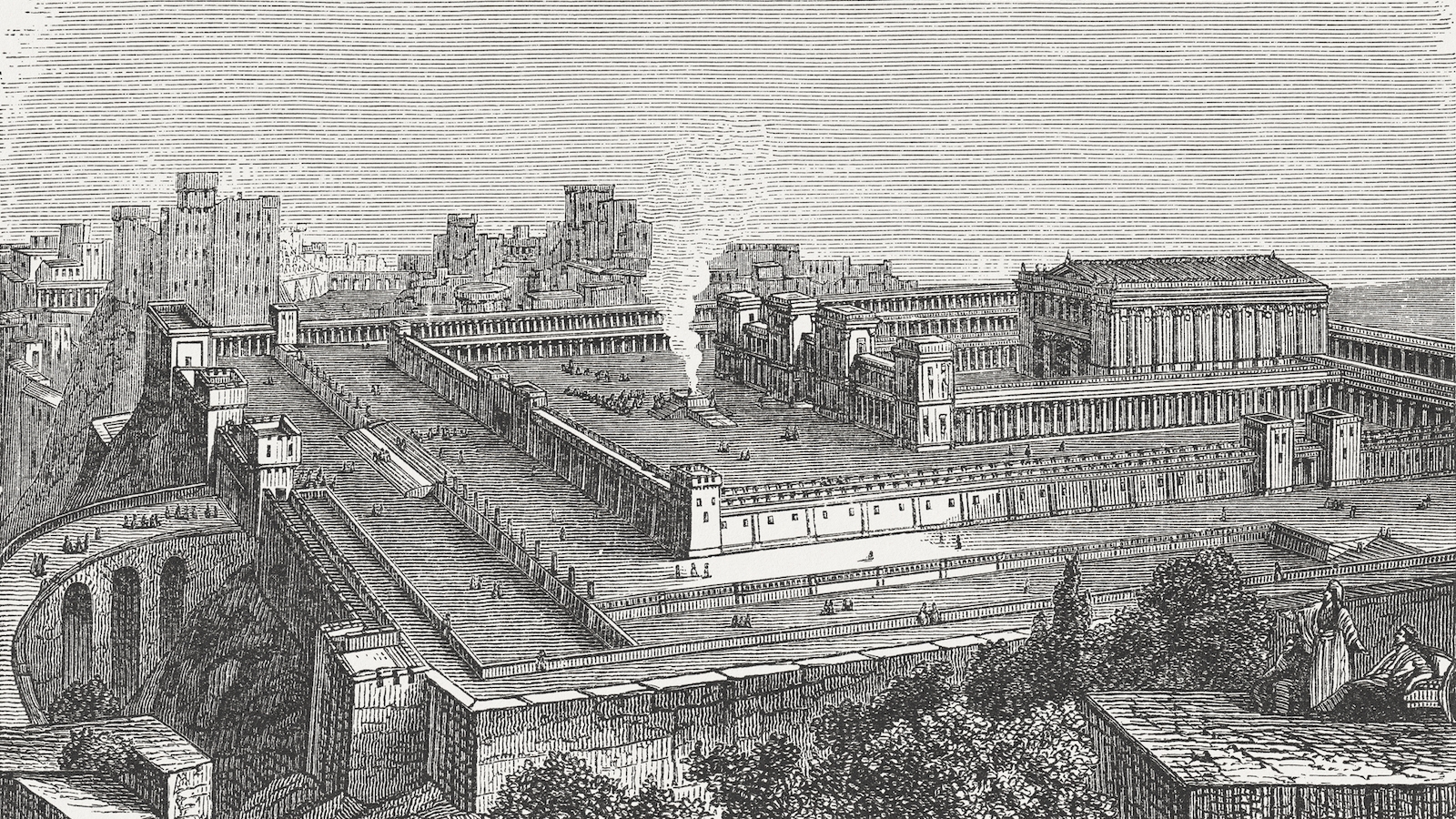Commentary on Parashat Vayakhel, Exodus 35:1-38:20, 30:11-16
Ashkenazic Custom: I Kings 7:40-50
Sephardic Custom: I Kings 7:13-26
This Haftarah is also read on the second Shabbat of Hanukkah.
Parashat Vayakhel describes the construction of the Mishkan–the temporary Temple that the Israelites used for worship in the desert. The laws for the Mishkan’s construction were outlined previously, in Parashat Terumah. Now, three portions later, we read about their implementation by the artisans Bezalel and Oholiab.
The Haftarah for Parashat Vayakhel continues in the construction theme. The Ashkenazic custom is to read verses that list all the pieces that Hiram King of Tyre, a talented bronze worker, created for the Temple. This list includes two columns with two globes, 400 pomegranates, pails, scrapers, and sprinkling bowls. We learn that Hiram’s bronze contributions were so heavy that King Solomon could not weigh them. Following the list of bronze pieces from Hiram, we read about the gold furnishings that Solomon made for the Temple: altar, candelabra, basins, ladles, and doors.
The Sephardic haftarah for Vayakhel begins earlier in the same chapter and offers an explanation of who Hiram was: “His father had been a Tyrian, a coppersmith. He was endowed with skill, ability, and talent for executing all work in bronze” (7:14). The verses that follow detail the large pieces of the Temple which Hiram cast in bronze: two tall columns and two capitals to be placed on top of these columns–all decorated with rows of pomegranates and lily designs. These columns, which were set up at the Great Hall of the Temple, were named Jachin and Boaz.
The meaning of these names is unclear, and their symbolism has been a point of exploration for mystics. A prominent 19th century Mishnah commentary, Tifereth Yisrael by Rabbi Israel Lipschutz, is subdivided into two parts, one more general and the other more analytical, titled Jachin and Boaz respectively.
Mishnah
Pronounced: MISH-nuh, Origin: Hebrew, code of Jewish law compiled in the first centuries of the Common Era. Together with the Gemara, it makes up the Talmud.
Sephardic
Pronounced: seh-FAR-dik, Origin: Hebrew, describing Jews descending from the Jews of Spain.



